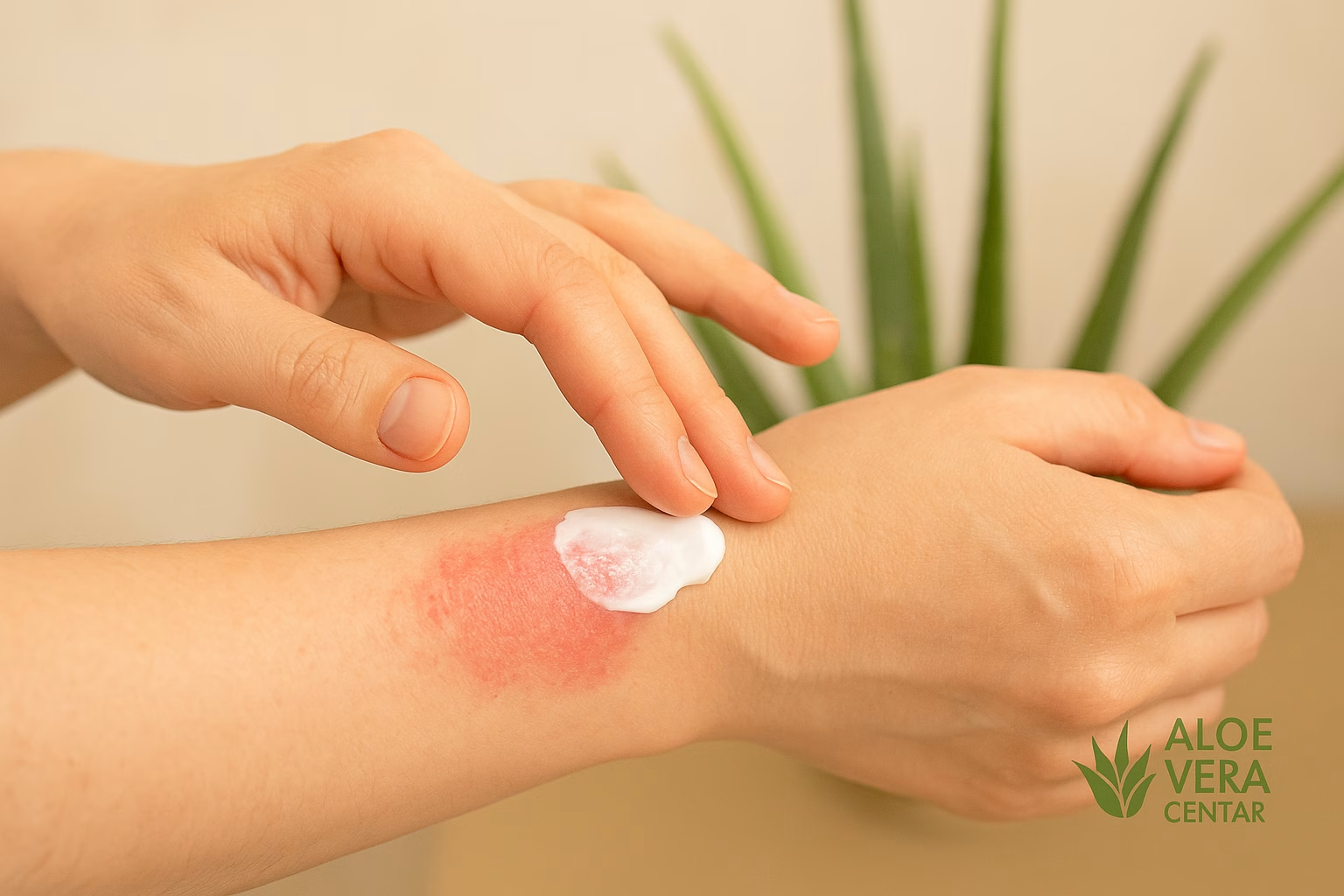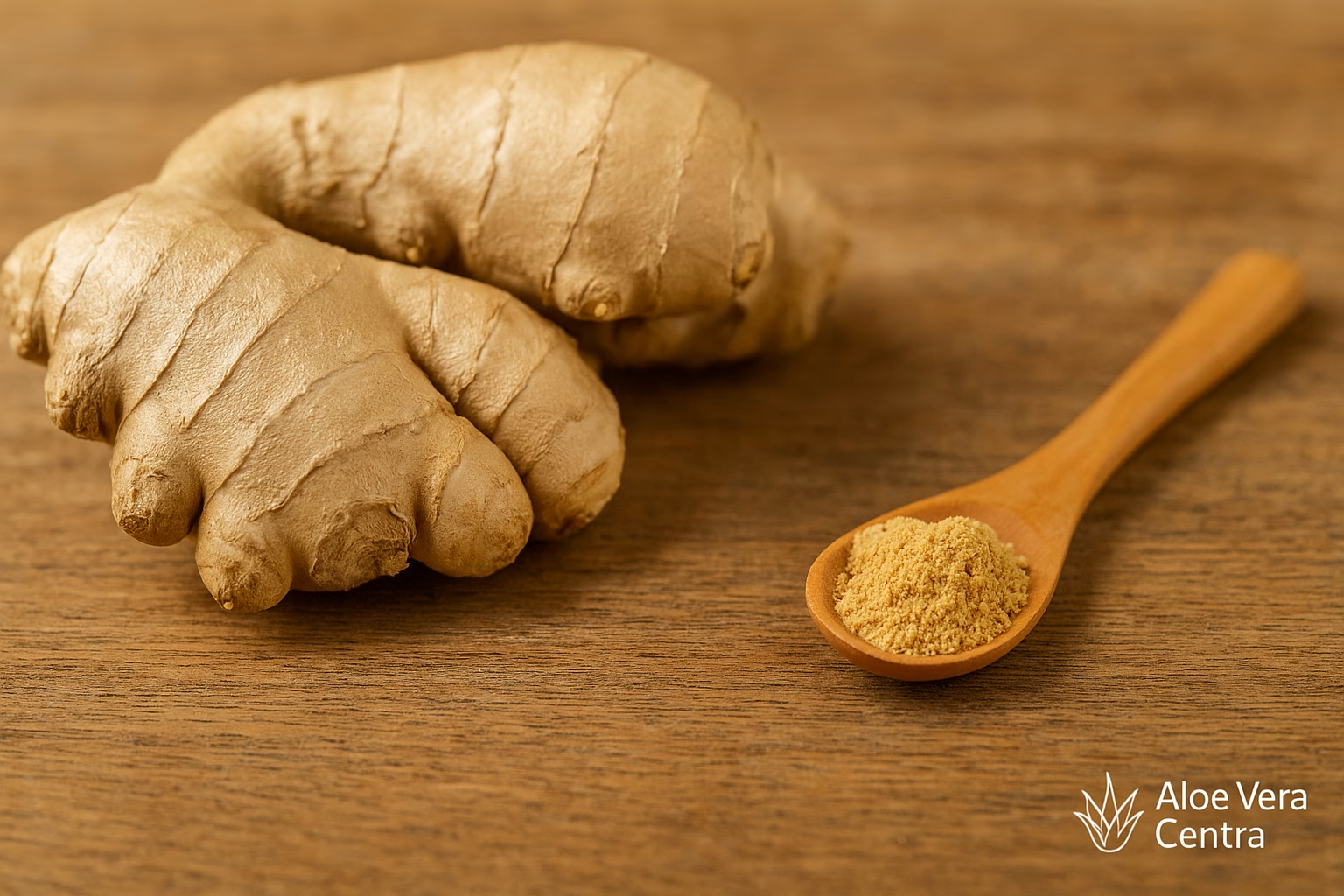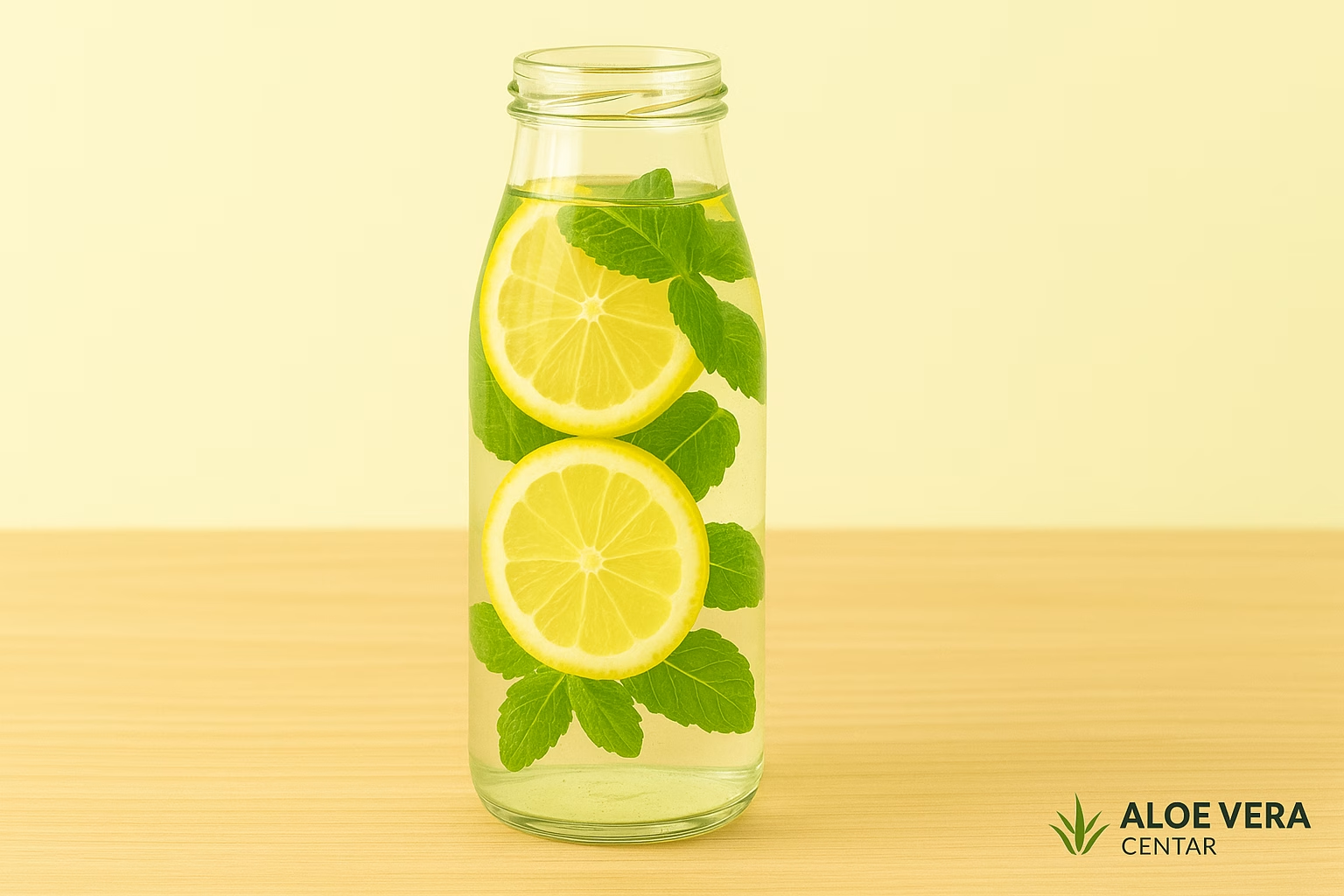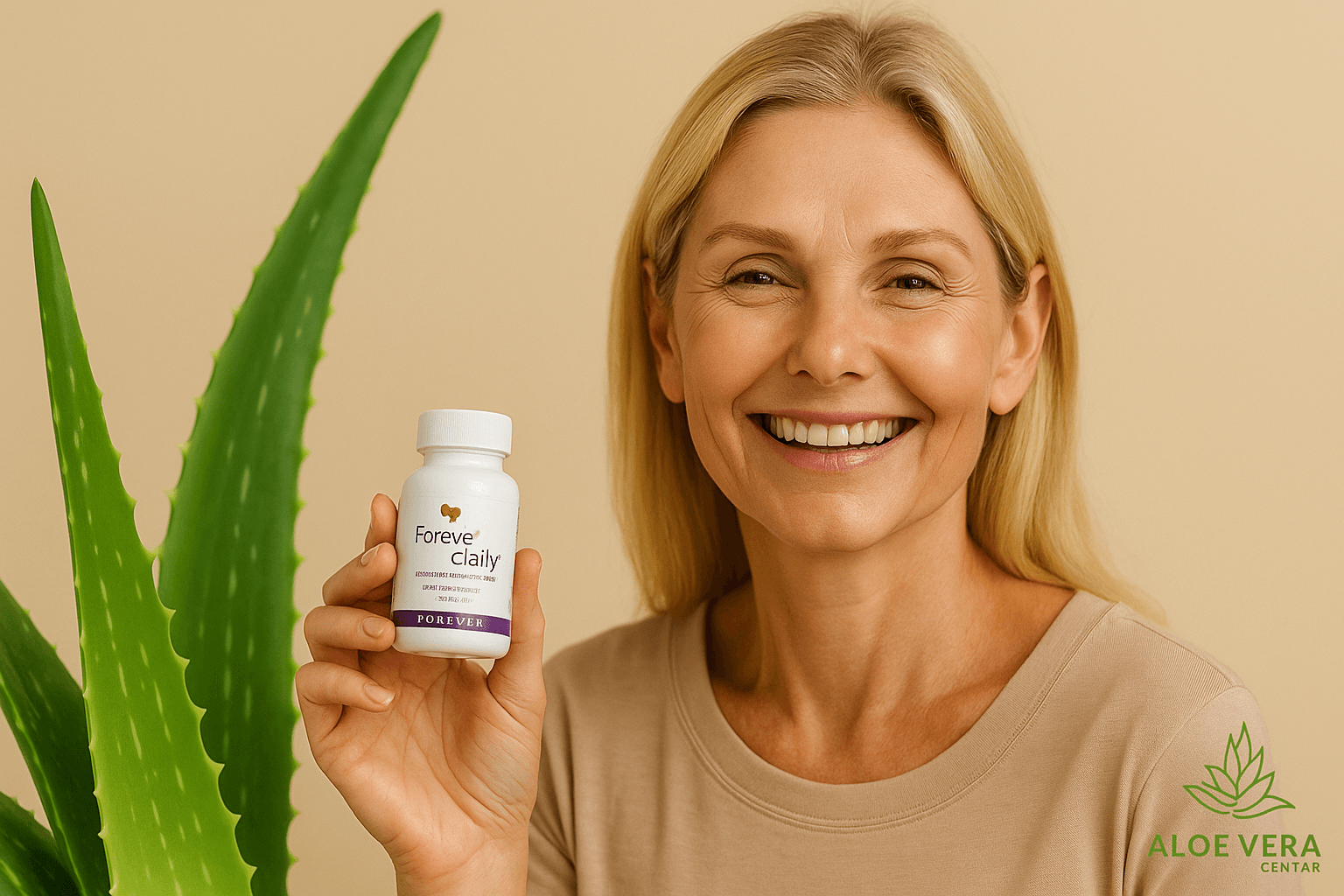
Hormonal acne – causes and natural solutions for clear skin
Hormonal acne: why it occurs and how to fight it naturally
Hormonal acne is common in people of all ages, although it is most often associated with puberty and the early twenties. However, hormonal imbalances can also occur later in life – for example, during pregnancy, perimenopause, due to polycystic ovary syndrome, or after stopping oral contraceptives. What is specific to hormonal acne, how to recognize that the cause lies in hormonal changes, and how to approach natural treatment and prevention? Below, we reveal the scientific background, useful tips, natural supplements, and herbs that can make it easier to fight hormonal acne. If you are tired of skin irregularities and are looking for a complete solution, keep reading!
What is hormonal acne and how does it differ?
Unlike “regular” acne, which is often associated with poor skin care, genetics, or excessive sebum production, hormonal acne is primarily caused by an imbalance of sex hormones (estrogen, progesterone, testosterone) or stress hormones (cortisol). It most often appears on the lower face – on the chin, jaw, and neck – and is prone to inflammation and deep subcutaneous nodules.
Research shows that androgenic hormones (such as testosterone) stimulate increased sebum secretion in the sebaceous glands, which leads to clogged pores, bacterial growth, and inflammation. Hormonal acne can worsen during certain phases of the cycle (usually before menstruation) or during periods when sudden hormonal changes occur, such as pregnancy or menopause.
According to a study published on PubMed , hormonal imbalance is a key factor in adult women struggling with persistent acne, so it is crucial to approach the problem in a way that regulates hormones, rather than just superficially treating the skin.
The most common causes of hormonal acne
1. Elevated androgen levels
Androgen hormones, such as testosterone and DHEA, can be found in excess in certain conditions, such as polycystic ovary syndrome (PCOS). Excess androgens increase sebum production and promote acne. In addition to acne, symptoms of elevated androgens include increased body hair (hirsutism), irregular menstrual periods, and weight gain.
2. Stress and cortisol
Chronic stress increases cortisol levels, which can disrupt the delicate balance of hormones in the body. The consequences can be increased sebum secretion and inflammatory processes on the skin, which creates a fertile ground for the development of acne. Hormonal acne often worsens during periods of intense physical or emotional stress.
3. Pregnancy and postpartum period
During pregnancy, there are major hormonal fluctuations – estrogen and progesterone levels increase, and after giving birth, they drop rapidly. For some women, this can result in a sudden outbreak of acne, even if they didn’t have it before. Fortunately, these hormonal changes are temporary, and the skin usually stabilizes within a few months.
4. Diet rich in sugars and refined carbohydrates
High glycemic index foods can trigger a spike in insulin, which indirectly stimulates androgen hormones and sebum secretion. Foods like white bread, sweets, and carbonated drinks can worsen hormonal acne in people who are already prone to imbalances.
5. Irregular or inadequate contraception
Certain types of oral contraceptives (such as those with antiandrogen activity) can have a beneficial effect on acne, while pills with a higher proportion of androgenic progestogens worsen the skin for some women. Also, stopping taking birth control can cause sudden hormonal changes and a subsequent “wave” of acne.
Natural solution: how to approach hormonal acne without aggressive therapy?
While there are medical treatments available (such as hormonal birth control, spironolactone, or retinoids), many prefer to try natural solutions. For some, this is their first line of defense, while others want to avoid the side effects of conventional medications. The key is a holistic approach: balancing hormones, proper nutrition, targeted supplements, and proper skin care.
1. Healthy diet and insulin regulation
Since high blood sugar can trigger androgens, it is advisable to avoid refined sugars, industrial sweets and white flour. Instead, focus on whole grains, low-glycemic fruits (berries, apples, pears), lean proteins and healthy fats (avocado, olive oil, nuts).
Omega-3 fatty acids from oily fish or supplements like Forever Arctic Sea can help reduce inflammation in the body and reduce the redness and swelling of acne. In addition, stable blood sugar also helps stabilize hormones – by avoiding “sugar spikes”, we also reduce sebum secretion.
2. Herbs that promote hormonal balance
Certain herbs are known for their effects on female hormones and can be useful in combating hormonal acne. For example, red clover is rich in phytoestrogens, which can help to alleviate fluctuations in estrogen and progesterone. There is also maca (e.g. in the Forever Multi-Maca supplement), which has an adaptogenic effect on the endocrine system – this means that it helps the body cope better with change and stress, which can indirectly affect the quality of the skin.
Herbs like spearmint, which some studies show can reduce free testosterone levels in the blood, can also help with elevated androgens. However, it is always a good idea to consult a doctor or herbalist before introducing herbal remedies, especially if you are already taking hormone therapy or have more complex health problems.
3. Aloe vera for skin balance and care
Aloe vera is widely known for its anti-inflammatory and soothing properties. While it doesn’t directly affect hormones, it can help soothe irritated skin, reduce redness, and speed up healing. For example, many users report that drinking Forever Aloe Vera Gel helps balance digestion and support overall health, which can indirectly affect the skin.
Also, topical application of aloe vera gel (or products containing a high percentage of aloe) can promote faster healing and reduce scarring. You can learn more about the beneficial effects of this plant in the article Aloe vera gel – medicinal properties and applications .
4. Good skin hygiene and natural cosmetics
Hormonal acne is often made worse by poor skin care – over-cleansing with harsh soaps or using comedogenic creams that clog pores. However, it is important to wash your face with gentle, non-drying products. Moisturizers that are free of mineral oils and parabens are often a better choice for sensitive, acne-prone skin. If you need to exfoliate, choose gentle enzymatic or mild chemical peels (e.g., with AHA acids) instead of harsh mechanical peels that can further irritate inflamed areas.
5. Stress management
Since cortisol (the stress hormone) plays an important role in the development of hormonal acne, relaxation techniques, quality sleep, and balance in daily life directly affect the condition of the skin. Regular exercise, meditation, yoga, or spending time in nature can reduce stress levels and have a positive effect on hormonal balance.
Examples of natural supplements and routines for hormonal acne
Round 1 (weeks 1–4): Stabilization and detox
- Diet: Reduce your intake of refined sugars and processed foods. Increase your intake of water, fresh vegetables and whole grains.
- Dietary supplement: Introduce omega-3 (e.g. Forever Arctic Sea ) to reduce inflammation.
- Skin care: Wash your face with a mild cleanser, then apply a thin layer of aloe or a non-comedogenic moisturizer.
- Stress: Try 10-minute breathing exercises or short walks in nature every day.
Round 2 (weeks 5–8): Hormonal support
- Herbal options: Consider adding red clover (phytoestrogens) or Maca powder (adaptogen for hormonal balance).
- Skin care: Include a gentle enzyme exfoliation once a week to remove dead skin cells and prevent clogged pores.
- Internal Support: Drink 0.5–1 L of lemon-infused water daily for mild detoxification and improved hydration. If desired, also drink Forever Aloe Vera Gel in the morning on an empty stomach.
- Stress management: Try yoga, meditation, or some type of mindful activity at least three times a week.
Round 3 (weeks 9–12): Consolidating results
- Diet: Maintain a stable meal rhythm, without drastic diets. Keep a food diary and monitor how your skin reacts to certain foods (e.g. milk, gluten).
- Additional care: If necessary, consult a dermatologist about mild topical retinoids or natural anti-acne preparations (e.g. tea tree, niacinamide).
- Focus on skin renewal: Throw in a serum with hyaluronic acid or vitamin C to help skin regenerate and reduce hyperpigmentation from previous acne.
- Continuing hormonal balance: If you have noticed improvements with herbal preparations, continue taking them for a few more weeks, with the consultation of a specialist.
Frequently asked questions (FAQ) about hormonal acne
1. Can hormonal acne go away on its own?
In some cases, especially when it comes to short-term hormonal fluctuations, acne may resolve spontaneously. However, if it is caused by a persistent imbalance (e.g. PCOS) or chronic stress, it is more likely to require targeted therapy or lifestyle changes.
2. Will birth control pills help me?
Birth control pills can help regulate hormones and reduce acne, but their effectiveness varies depending on the type of pill and your hormonal profile. Some pills with “antiandrogenic” progestogens are effective at suppressing sebum production and reducing acne, while others can actually make it worse. It’s always important to talk to your gynecologist before making a decision.
3. Are dairy products linked to hormonal acne?
For some people, dairy products can aggravate acne, especially if they are sensitive to the hormones and proteins in milk. However, this is not the rule for everyone. It is best to do a short elimination test (2-4 weeks) and monitor your skin’s reactions. If you notice improvement, consider limiting milk, cheese, or yogurt in your diet.
4. Can stress really be the main cause of hormonal acne?
Absolutely, excess cortisol significantly disrupts the balance of other hormones. Chronic stress is a known “trigger” for hormonal acne, through several mechanisms: stimulation of androgenic hormones, sleep disturbance and increased tendency to unhealthy eating habits. This is precisely why stress management techniques are often crucial for long-term acne control.
Tips for achieving lasting results
- Regular hormone checks: If you suspect a deeper imbalance (PCOS, thyroid problems, etc.), consult an endocrinologist and have the necessary blood tests done.
- Individualized approach: Every body is different. Tailor your diet and supplements to your own needs, rather than following a “one size fits all” diet.
- Patience is key: Hormonal acne doesn’t go away overnight. Give yourself at least 3-6 months of regular changes to see lasting results.
- Professional help: If your acne is particularly severe or painful, work with a dermatologist and gynecologist. Sometimes a combination of natural methods and targeted medical therapy is best.
Conclusion: the path to balanced skin starts with hormone balance
Hormonal acne is much more than just an aesthetic problem – it signals that the body needs better hormonal balance, stress reduction, and lifestyle adjustments. Sometimes, making dietary changes and incorporating herbal supplements like Forever Multi-Mac or red clover is enough, while in other situations, professional support is needed to successfully resolve the problem.
If you’re ready for a holistic approach, consider products like Forever Aloe Vera Gel or Forever Arctic Sea , which can help reduce inflammation and support a more stable hormonal foundation. Also, don’t forget to check out the official Forever store , where you can get a 15% discount on a variety of products designed to support skin health and hormonal balance.
**This content is not a substitute for professional medical advice. If you have serious or chronic conditions, please consult a doctor, dermatologist, or endocrinologist.**








